QUEZON CITY, November 17-19, 2020 – The Special Area for Agricultural Development (SAAD) Program is developing its social preparation guidebook to complement the published book titled `Agricultural Extension and Communication: A theoretical guide to social preparation of the SAAD program´.
The three-day virtual (71 participants) and face-to-face (18 participants) workshop of the national, regional, and provincial offices of SAAD; Region IV-B, Bureau of Plant and Industry (BPI); and the Bureau of Fisheries and Aquatic Resources (BFAR) held at the Agricultural Training Institute (ATI) was attended by 89 participants.
The Cordillera Region, 5, 8, 9, 10, 12, and 13 were selected to virtually present their specific phases of social preparation. Their practices were being reviewed from program entry, profiling and identifying the beneficiaries, community needs assessment, organizational development, and capacity development.
With the help of Professor Emmanuel Luna of UP Diliman College of Social Work and Community Development, the program’s social preparation processes were being evaluated.
He specified that unified communication, a guidebook in people organizing, is important in the program implementation to assist in the transition of farmers and fisherfolk from an individual, to an organization, and toward an agricultural enterprise.
“The sociocultural, political, technical, and economic differences of each province must be considered,” Prof. Luna said.
In the step-by-step process presented from program entry to the training of farmers, each program implementer must keep a close eye on the recipients to guide them towards successful project implementation. In the community needs assessment, the implementers must also perform a risk assessment and hazard analysis involved in the project and roll out mitigation and contingency plans and recovery measures.
Prof. Luna also stressed that the preferred inputs of the farmers must also be prioritized.
Each social preparation activity should have general procedures, specific objectives, measures to be taken when there are problems encountered, assessment tools, data-gathering instruments, and a clear list of aspirational qualities in choosing farmer or fisherfolk group officials.
At the end of the activity, the implementers came up with a standardized set of procedures as well as unique practices which will be included in the guidebook.
The book will be available next year.
Writer: Jennifer Valcobero, SAAD NPMO Public Relation and Comms Officer


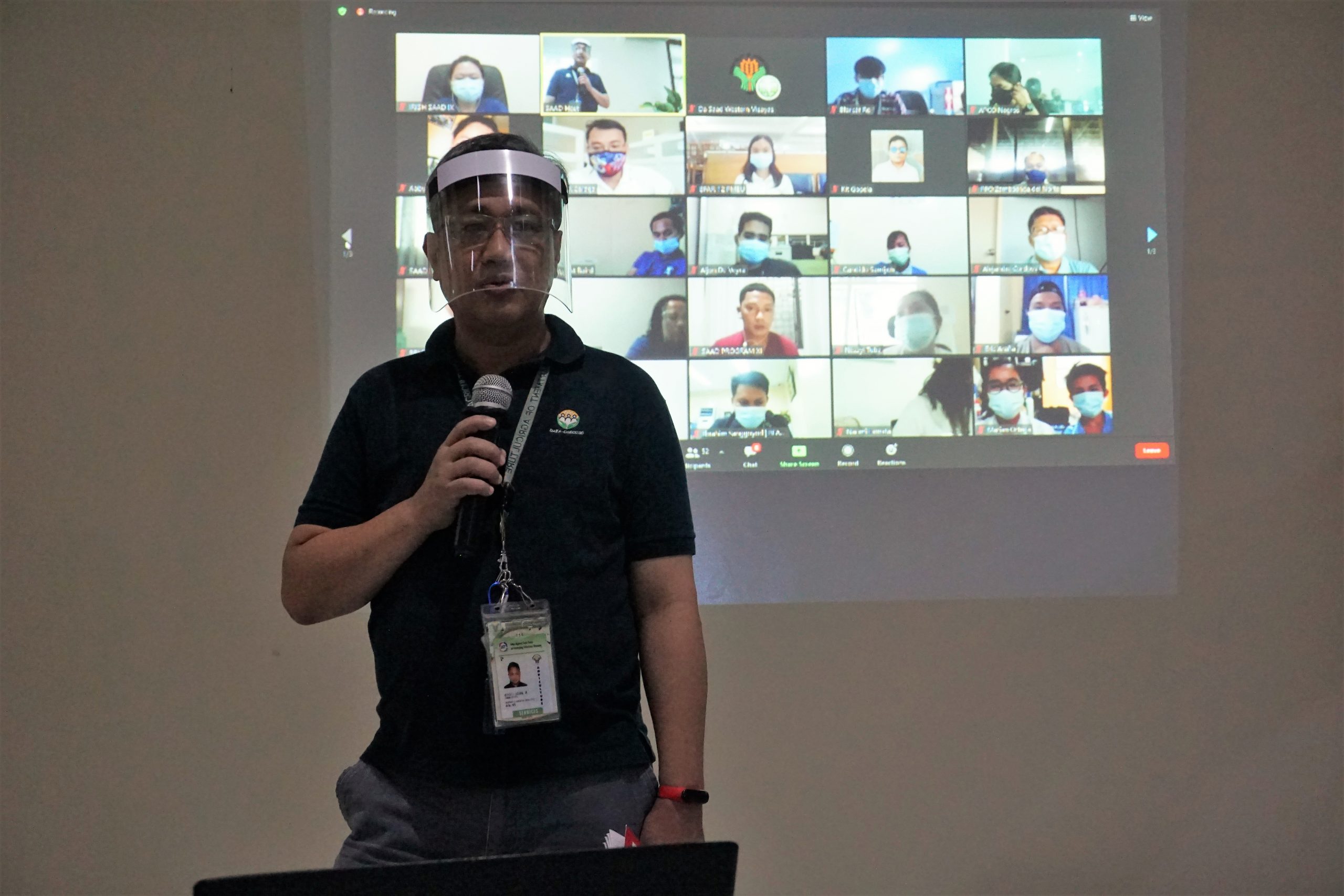
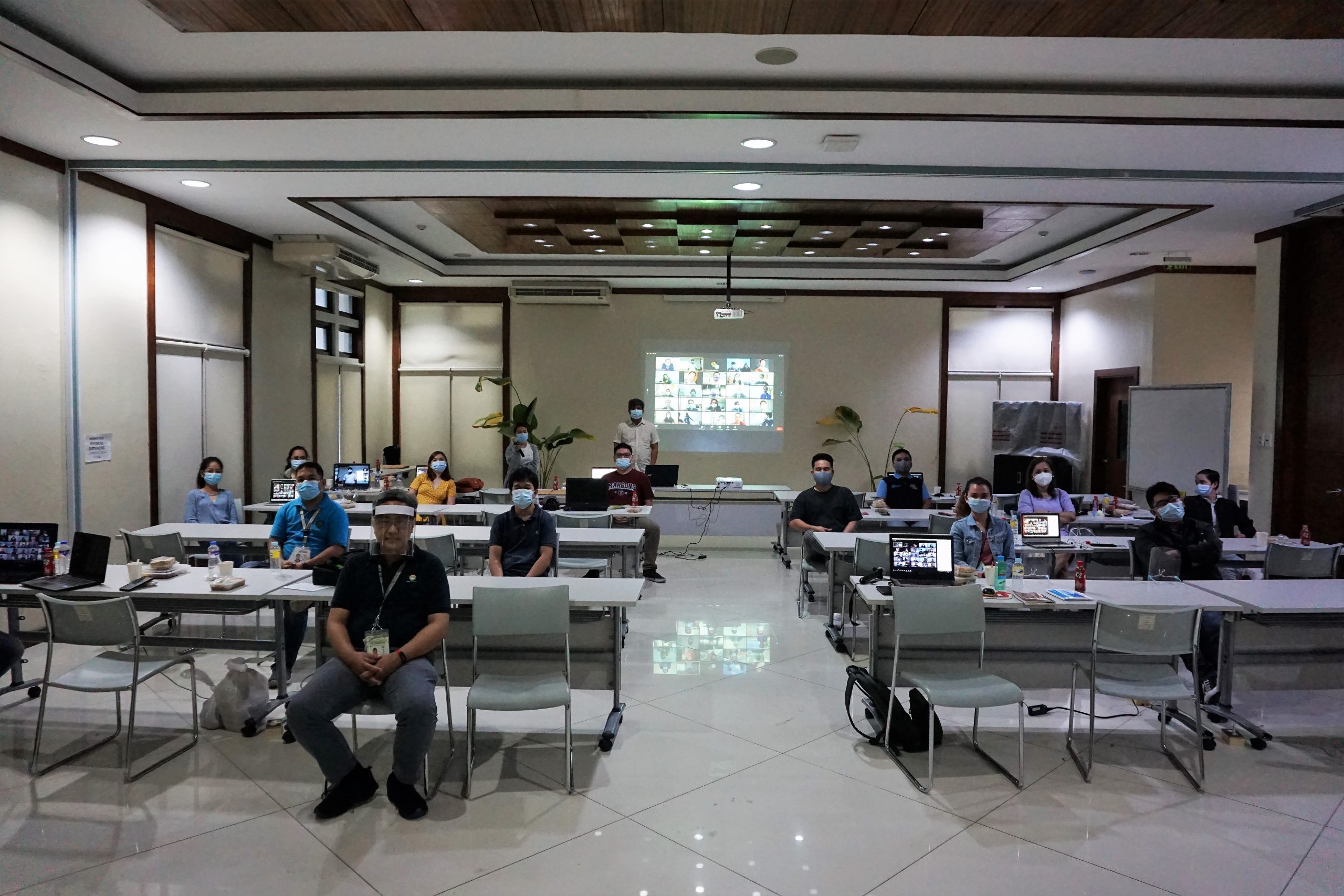


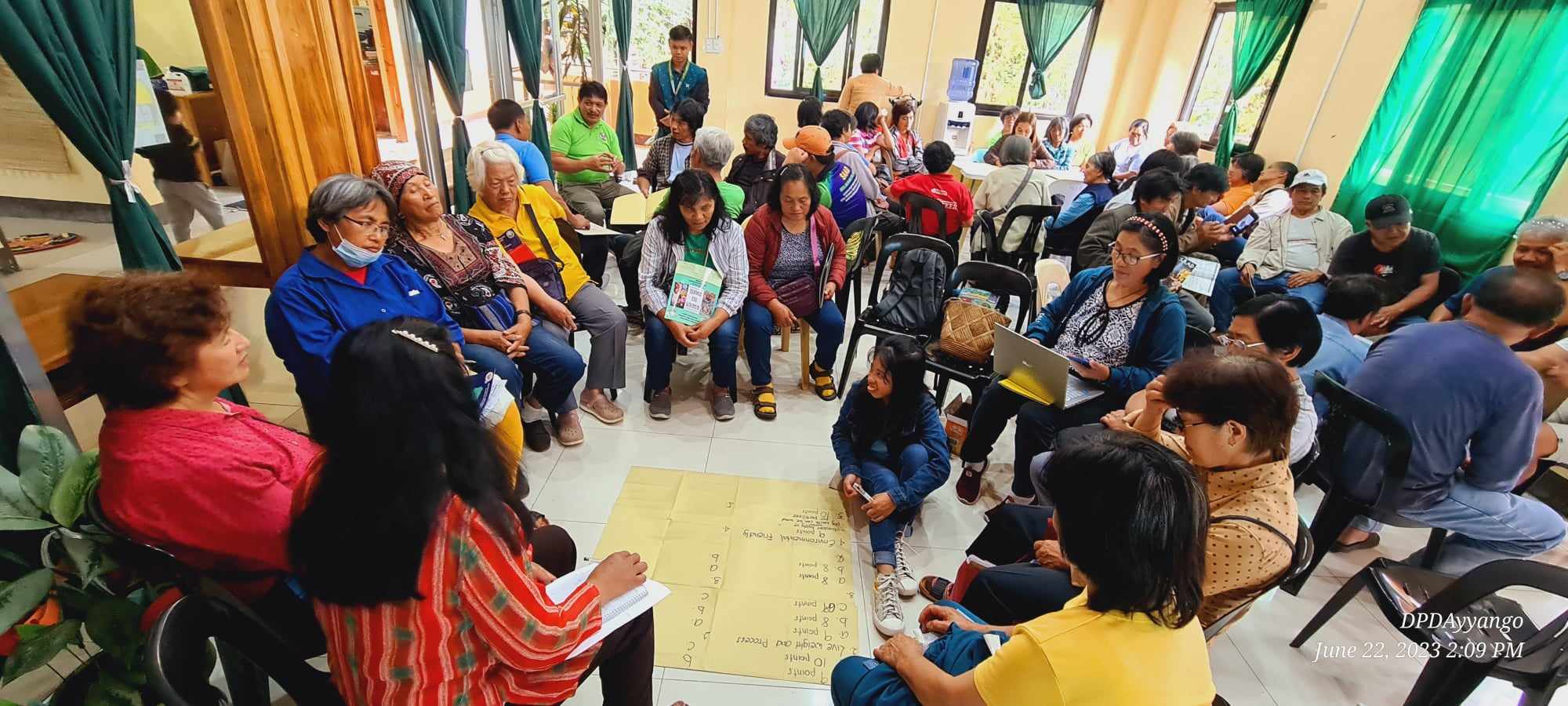
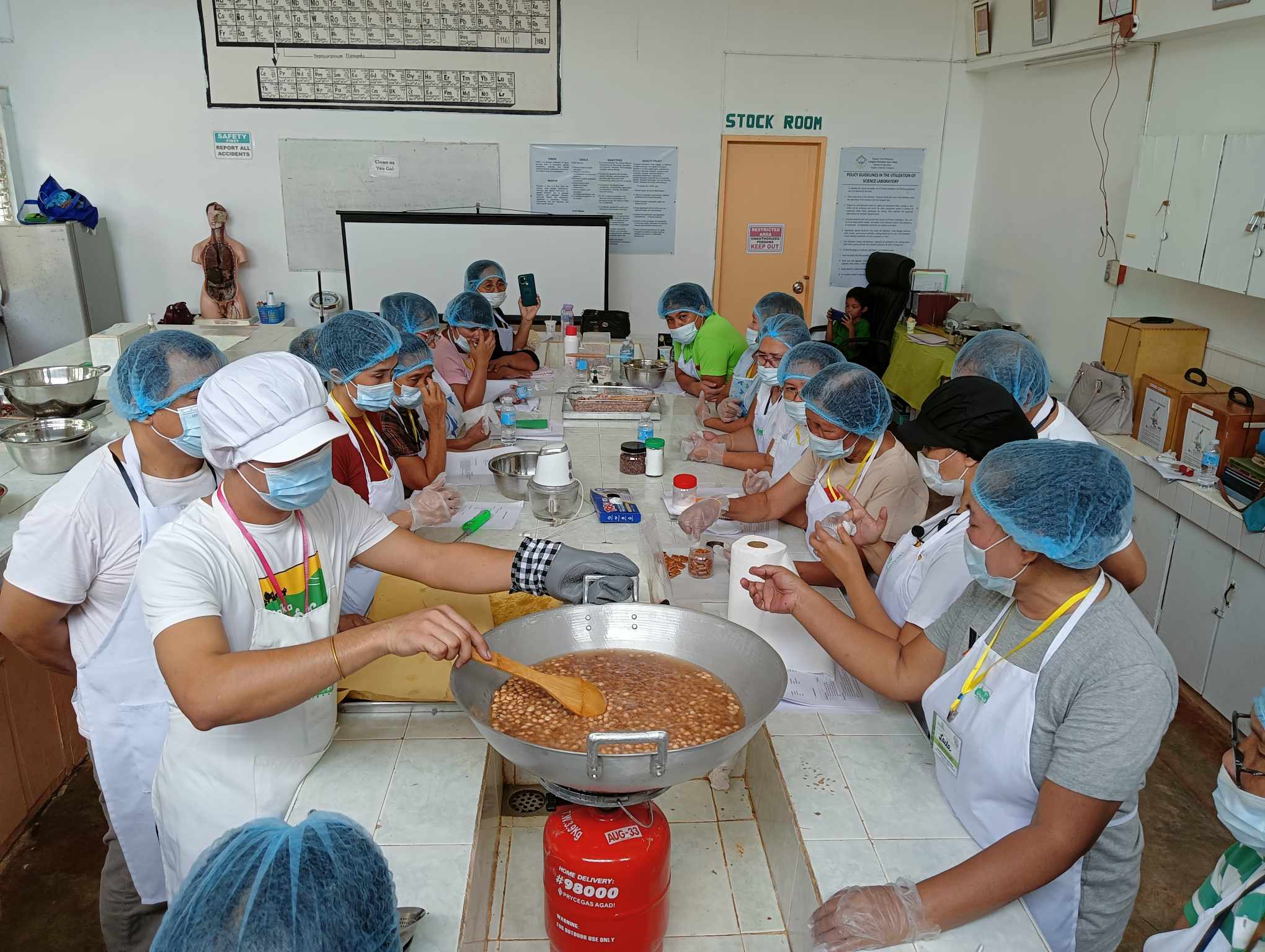
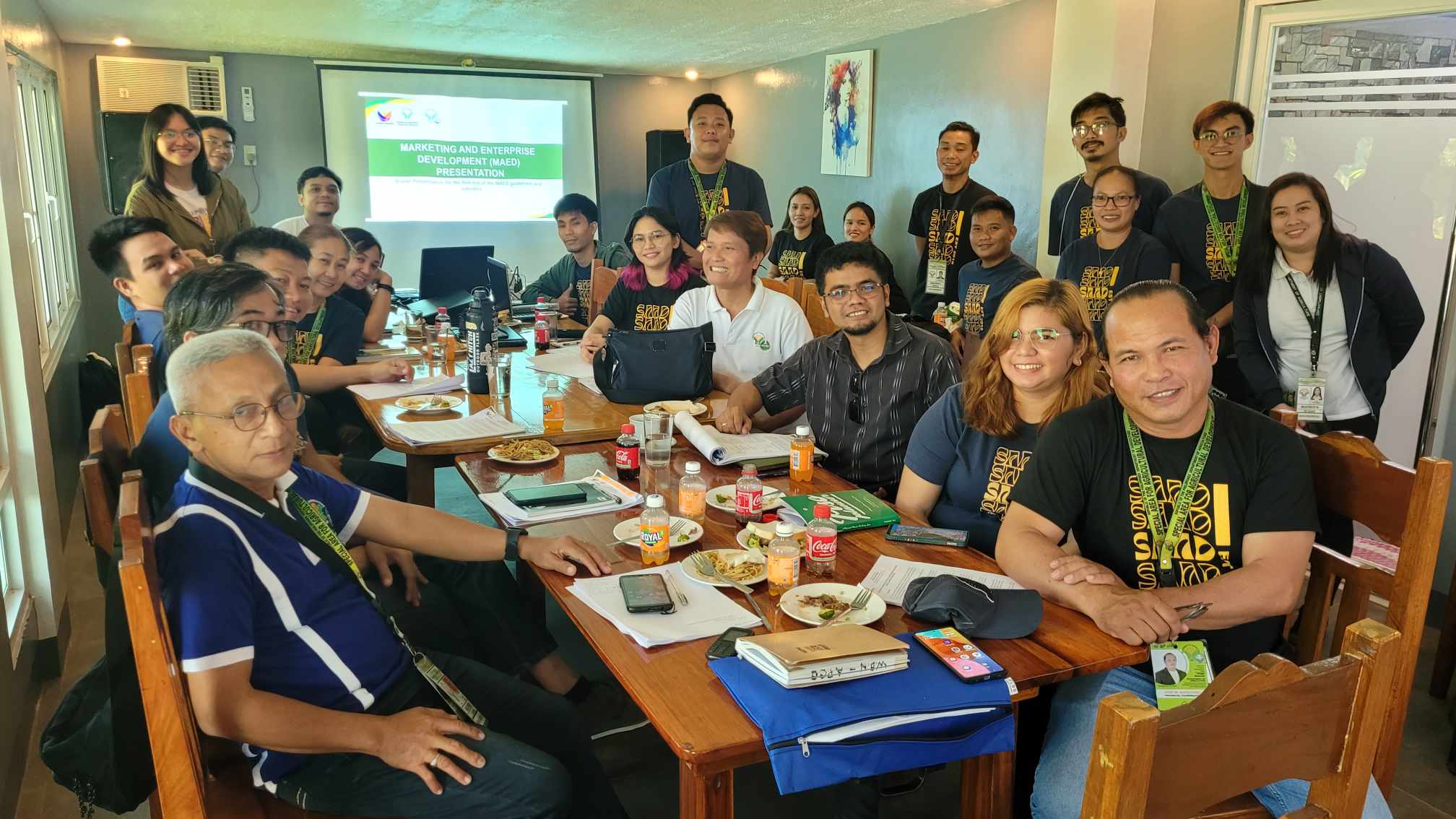
This Post Has 0 Comments